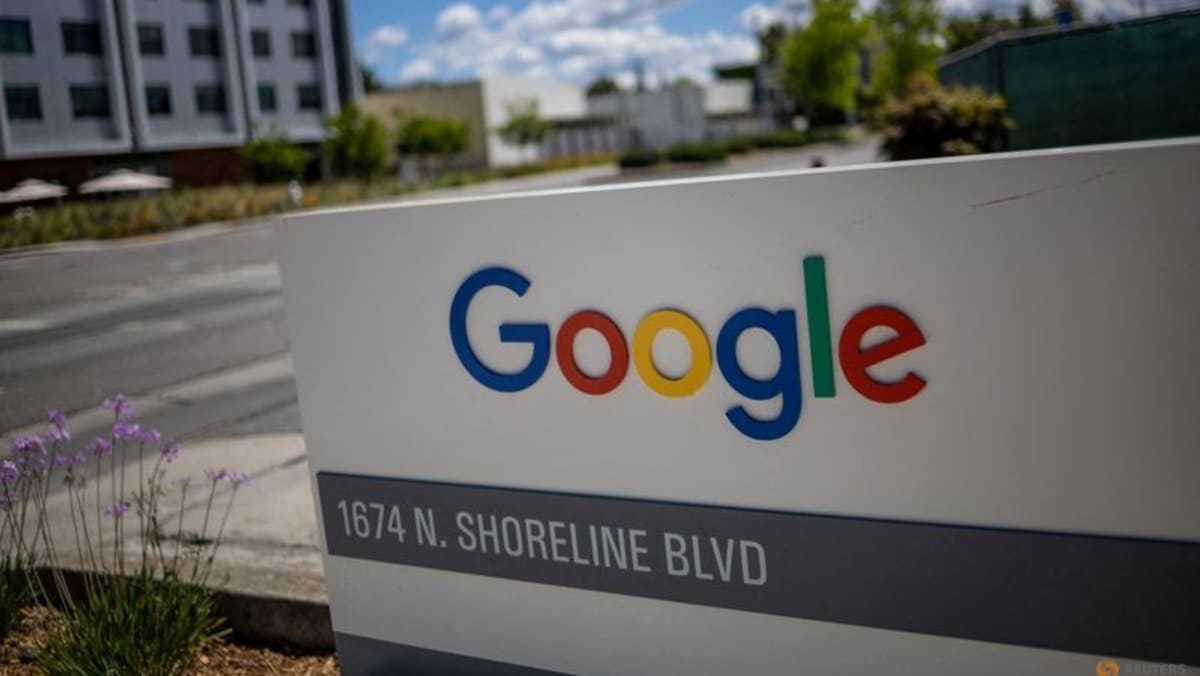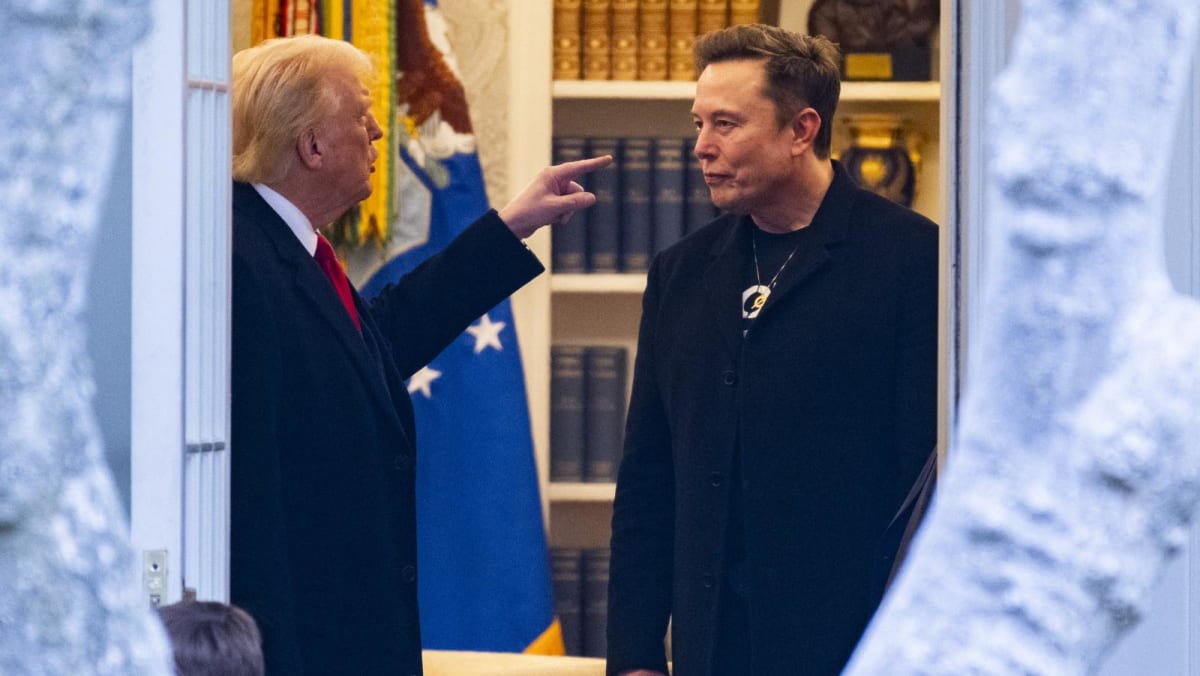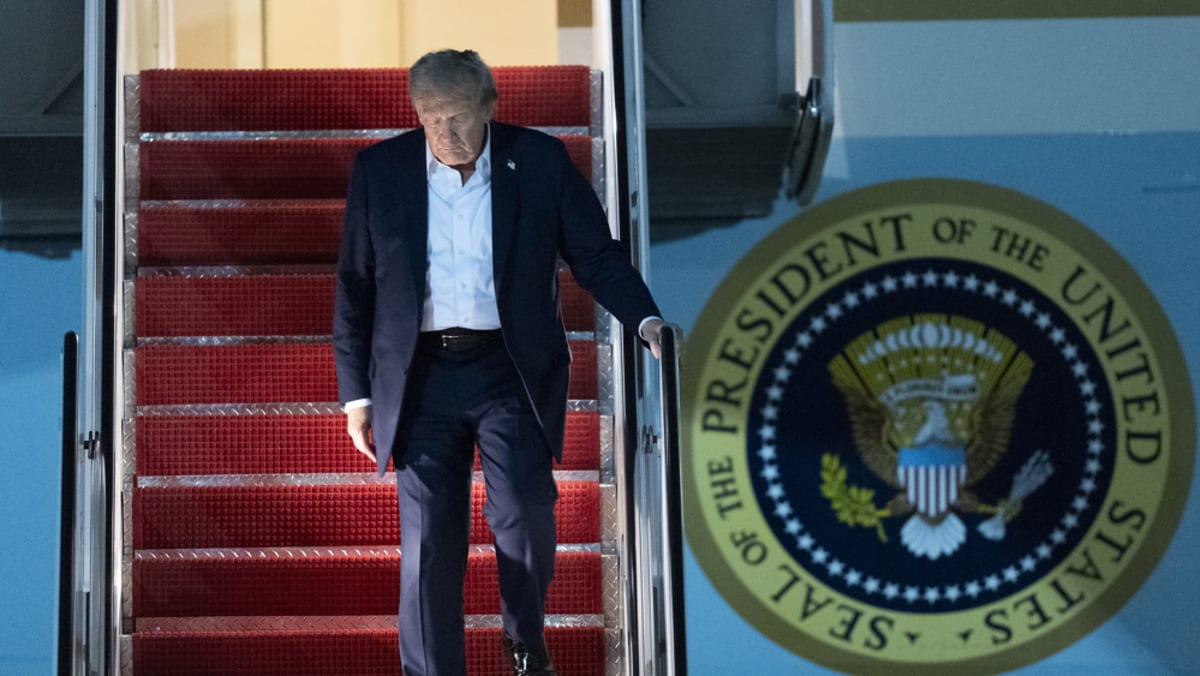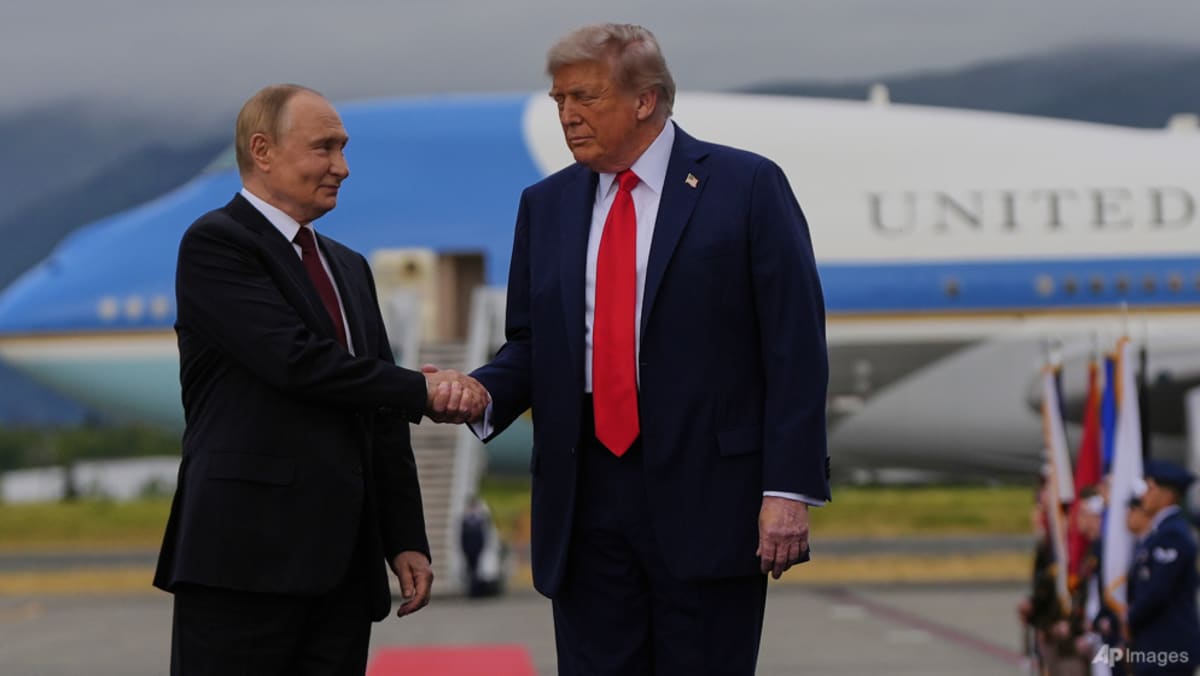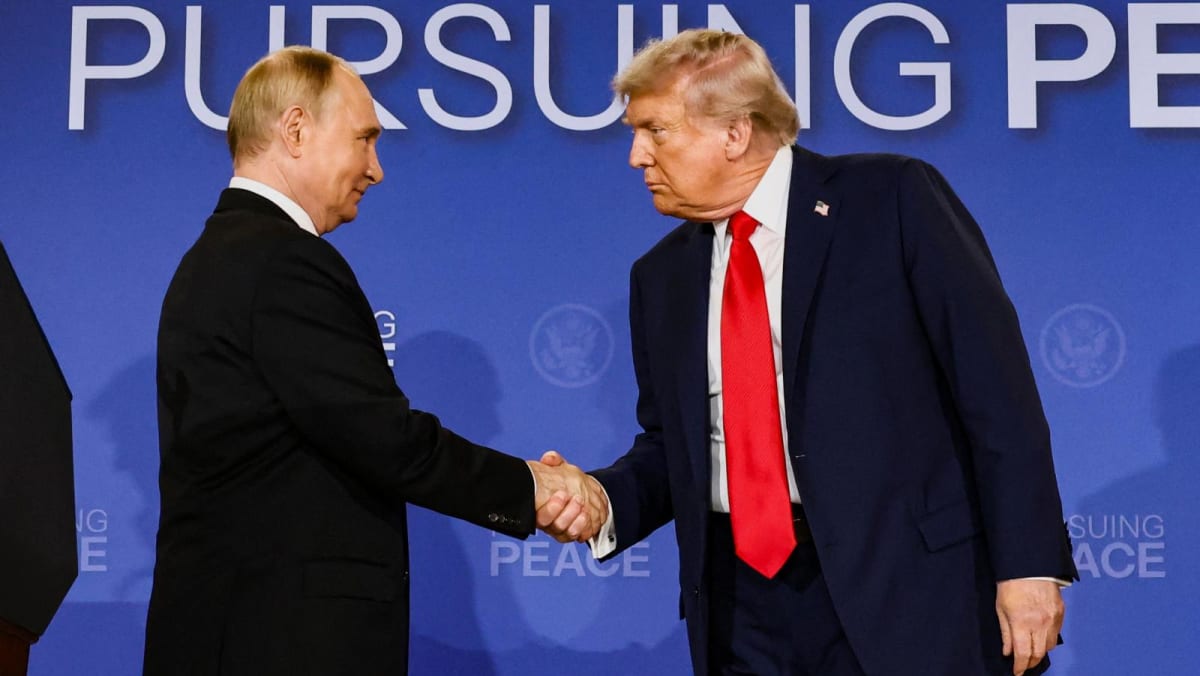A PERSONAL FIGHT WITH NATIONAL CONSEQUENCES
The trouble with breakups is that any fallout doesn’t stay between the warring parties. There’s always collateral damage. For example, after Mr Trump threatened to pull government deals with Mr Musk’s companies, Tesla shares tanked 14 per cent and lost US$150 billion in value.
This very public falling-out carries risks for both men.
For Mr Trump, the feud with Mr Musk marks the first major rift with a prominent adviser in his second term. It has shattered the “bromance” that many assumed would continue and could fracture Mr Trump’s support among tech leaders and wealthy donors.
Mr Musk, who spent nearly US$300 million in last year’s elections, was not only Mr Trump’s richest backer, but also a key bridge to Silicon Valley. He helped connect Mr Trump to tech investors and gave the pro-business wing of the Republican Party reason to support the president.
Now, Mr Musk’s defection could undermine Republican unity on Capitol Hill. His vocal criticism of the debt impact has emboldened some Republican fiscal hawks to oppose Mr Trump’s One Big Beautiful Bill Act, which passed the US House late last month.
The Bill, which combines tax breaks, spending cuts, border security funding and other priorities, is the centrepiece of Mr Trump’s domestic policy agenda. Critics, however, have said it could increase the deficit by as much as US$4 trillion over a decade.
If it falters in the Senate due to Republican defections, it would be a significant blow to Mr Trump’s legislative agenda.
Moreover, Mr Musk’s talk of a new centrist party and his massive online influence hint at a potential challenge to the two-party status quo, which should alarm Republican strategists.
Although an actual third party is a long shot, even the suggestion feeds a narrative that Mr Trump’s brand of Republicanism is alienating a segment of his base. A prolonged Trump-Musk feud could make it harder for Republicans to hold Congress in next year’s midterms, given Mr Musk’s financial clout and devoted following.

